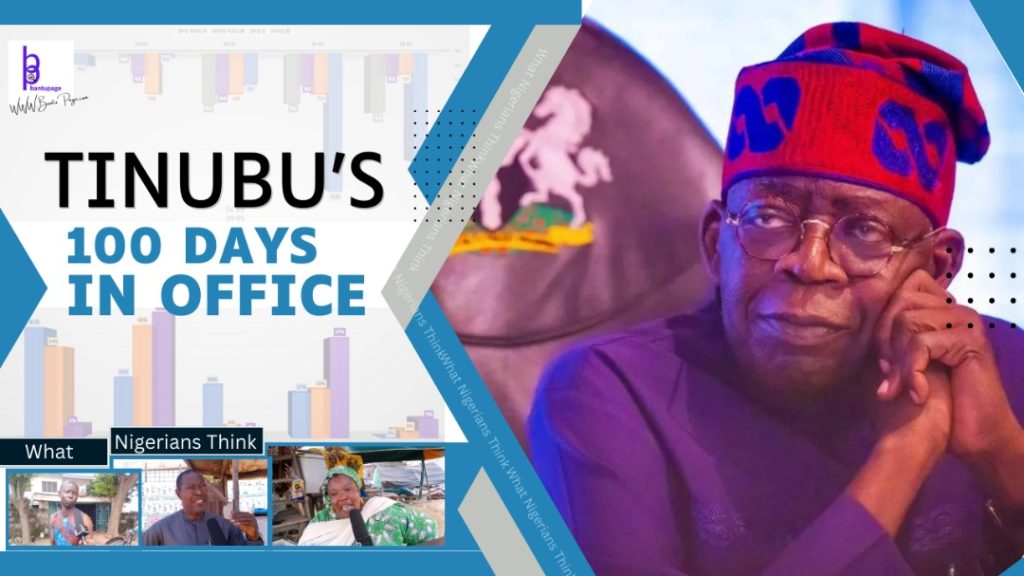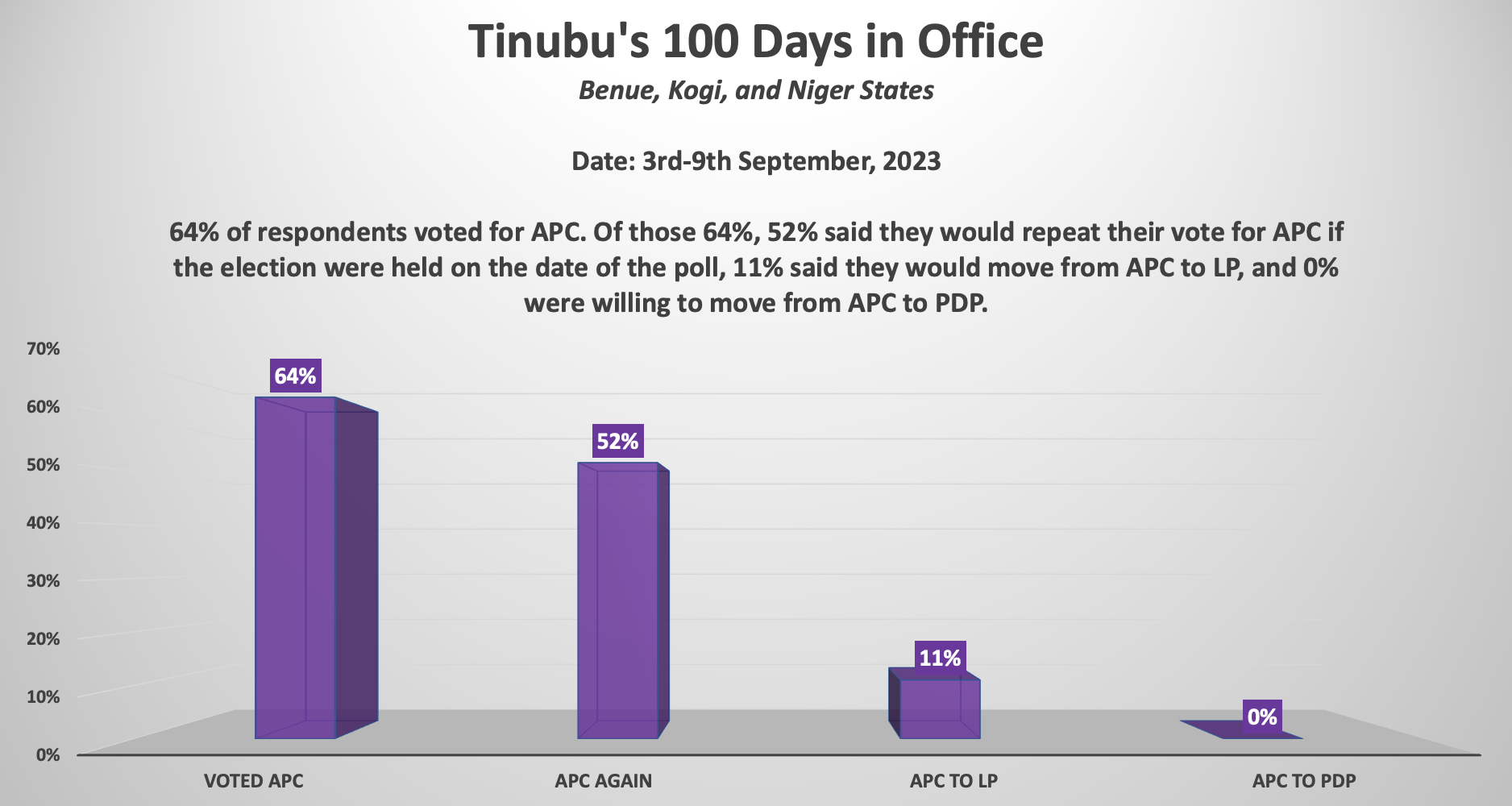
The character, Asiwaju!
Tinubu has spent 100 days in office; never has Nigeria witnessed a character so divisive as Bola Tinubu. He is a quintessential Yoruba native whose leadership has polarised Nigeria’s economic capital (Lagos) for over two decades. Love him or hate him, his blueprint set up the APC party in a tit-for-tat, give-and-take style. Tinubu is a very colourful politician; his grip on the top position in the country would have been impossible in any other country with even a half-transparent and independent judiciary or political interface.
The question has haunted ObiDients, and it is not ever looking like a wrap for them; they hate him and despise his guts; they will unfollow you at the slightest appraisal of Tinubu; there is nothing Tinubu will do that will appease the faintest ObiDient. The question thus begs: should we not publish a balance review for fear of ObiDients? No! If we do so, we’d be succumbing to injustice, exactly the same one that ObiDients feel deprived of.
100 Days in Office, 100s of Nigerians Questioned the Only Way BantuPage Knows: Face-to-Face
We thought to give this a try, despite its unpopularity. 100 days in office, let Nigerians do the talking, and what better Nigerians than those who voted for APC? Benue state produced the most shocking result of all the 36 states, after Rivers and Benue. Well, Rivers is, without a doubt, a rigged state; that much we can openly admit. BantuPage’s face-to-face poll in Plateau projected a landslide for Mr. Obi, though an Obi win, the margin did not reflect our projection.
President Tinubu has asked Nigerians to bear with him; he has a masterplan to turn Nigeria around, but his demeanour in office so far is not projecting a seamless package of experience as his cohort preached to Nigerians during the campaign season; if anything, it was marred with lacklustre and rusty fragility. It is becoming inceasingly clear that President Tinubu did not pen his manifesto; his posture, speeches, and agenda bear fruits totally dissimilar to his manifesto, albeit with some semblence of contrived, if ever any, quantum of congruence.
Benue, Kogi, and Niger states, February 2023 presidential election vs. BantuPage’s Tinubu’s 100th Day in office poll of the same states below:


Benue state, even though Christian, had a more accepting attitude towards the president’s performance. Kogi showed a fatigued sense of indecisiveness, while Niger state produced a complete rejection of the president’s policies.
We categorised our descriptors as “Good” “Very Good”, “Bad” or “Very Bad.”. Overall, in the three states, President Tinubu scored 30% and 8% good and very good, respectively, while 35% and 24% were bad and very bad, respectively. That is a positive of 38% and a negative of 59%. In summary, it would seem that Tinubu’s charm has withered.
Another twist was when respondents were asked, If there were an election on the day of the poll, would they repeat their vote for Tinubu? A resounding 52% said yes. Of APC voters, only 11% were willing to switch to LP if there were an election on the day of the poll; 0%, however, were willing to switch to PDP. It would seem that the second-largest party in the country is not swaying any APC voter; despite the dissatisfaction from APC respondents, PDP was not an alternative.
Age Group:
In Benue, the 20–30 age group rated Tinubu 15% good, 3% bad, and 8% very bad. The 30–40 were even more impressed; they gave the president 20% good, 4% very good, and 6% and 7% bad and very bad, respectively.
Polled by Age Group below (Benue, Niger, and Kogi):

 .
. 
In Kogi, the reaction was different; only 9% was stingily awarded the president by 20–30, and 0% were very good. In the 30–40 category, the good percentage was doubled to 16%, and 3% were very good. Equally, under the same age category, 16% awarded the president bad, while 4% stuck their guns on very bad.
Niger state was the twist of all; in the 20–30 category, only 2% rated the president as good, 0% gave very good, and 21% and 13% gave bad and very bad to the president’s 100-day performance. The tumble did not end there; in the 30–40 category, 0% on both good and very good and a smashing 14% on bad and very bad, respectively, was aware of the president; the people of Niger state are not happy with the president’s performance.
The below chart was based on party sway, i.e., respondents were asked if they were willing to cross parties if there were an election on the day of the polling; only 11% of APC respondents were willing to crossover to Labour Party. Not a single respondent was willing to crossover to PDP.

Conclusion:
From our experience criss-crossing these states, one thing was certain: Tinubu’s voters in the February election are not rejecting him; they cast a mix of feelings of disappointment and love; they want to see the president succeed, but if he continues on the same trajectory, they are likely to reject him come the next election.
The Obidients, on the other hand, have no interest in the president’s ability, humour, policies, or wellbeing; his failure is even wished to some extent, though the majority would want a better Nigeria regardless of who is at the top of the echelon.
By Ikechukwu ORJI





